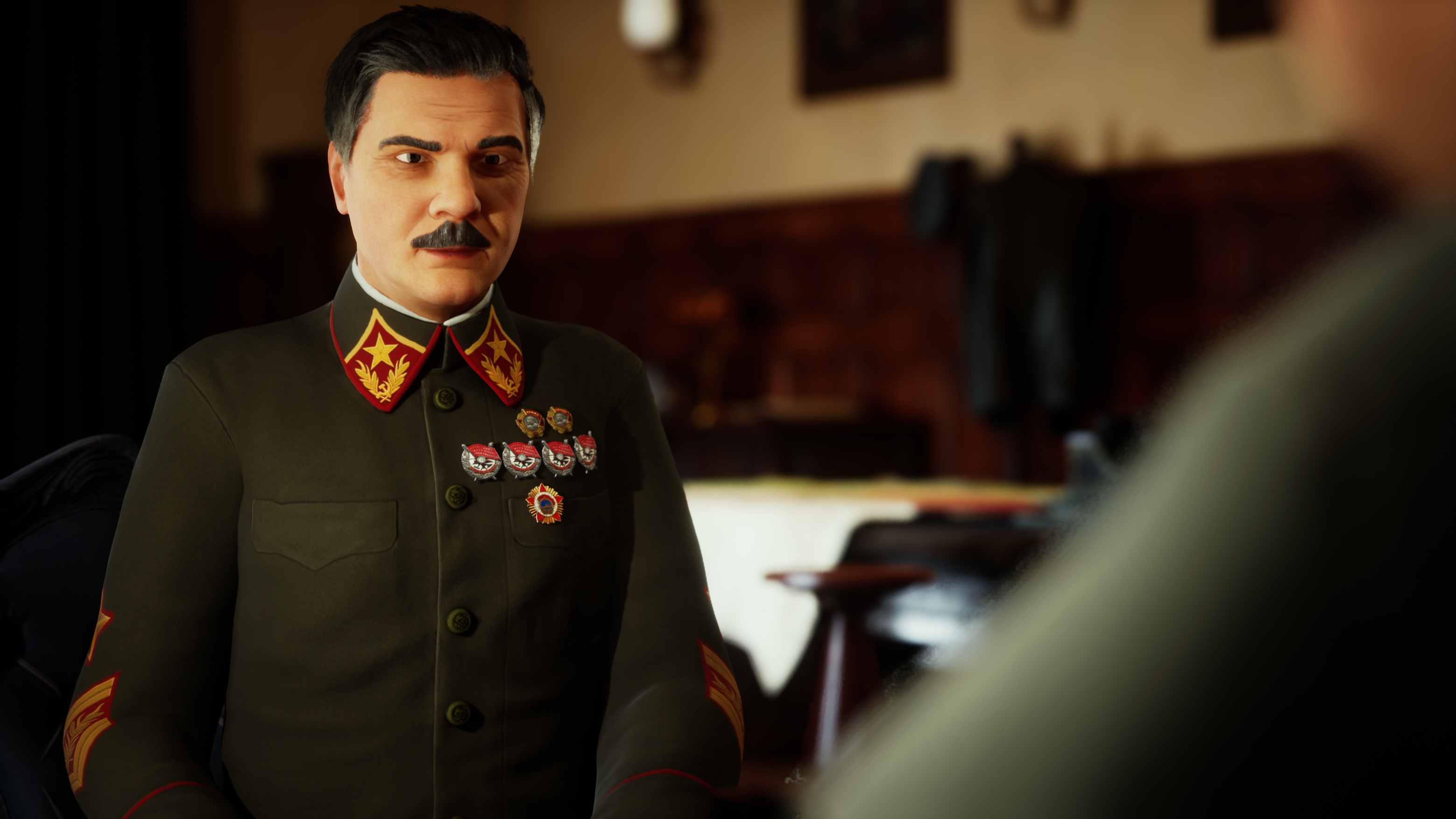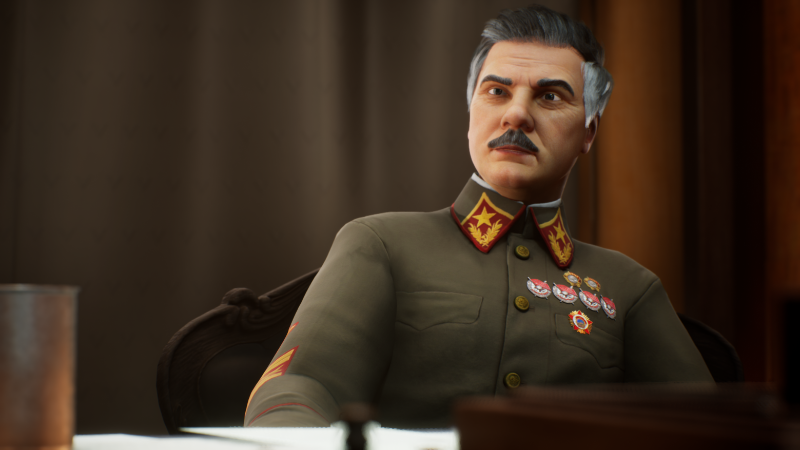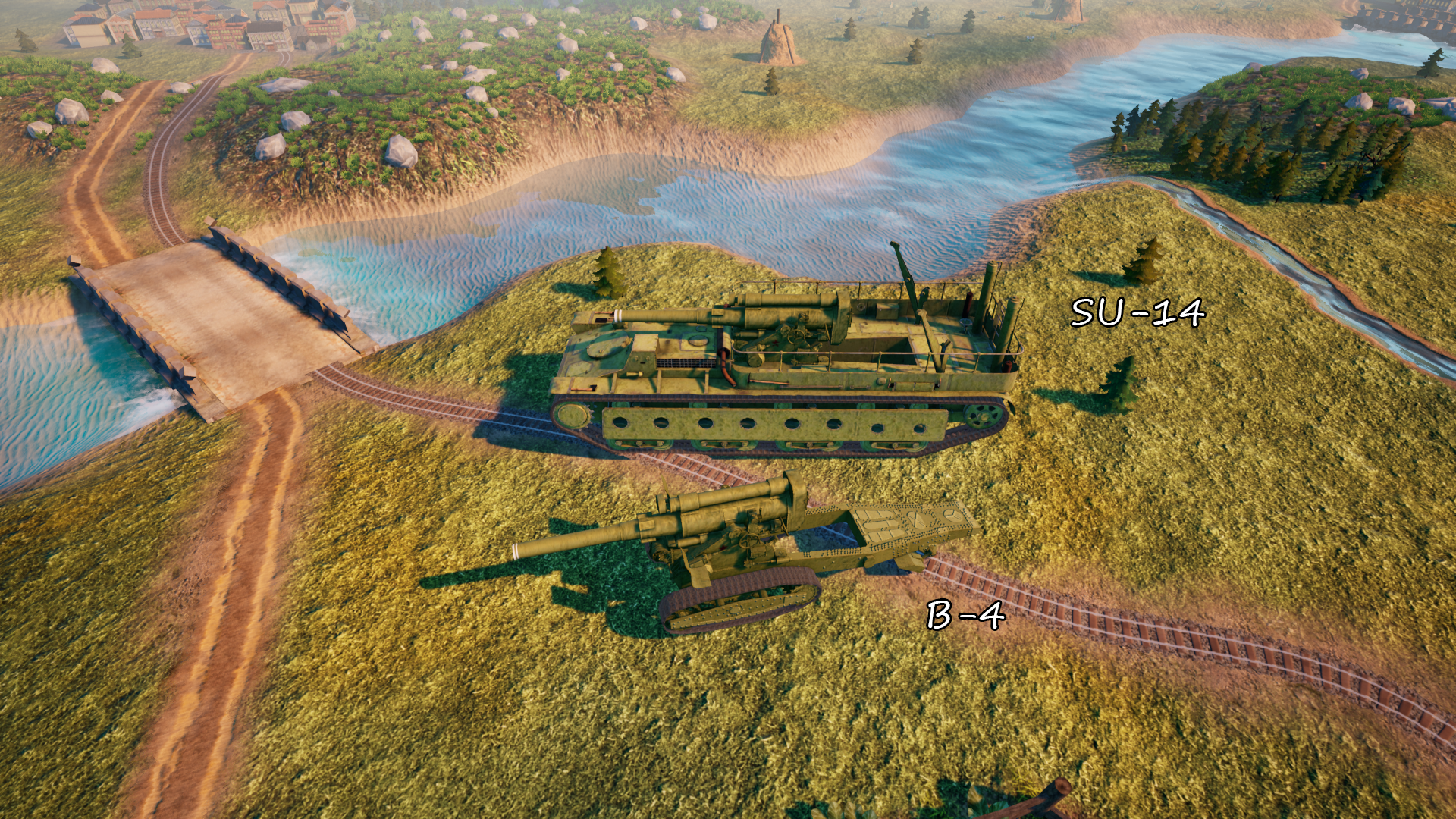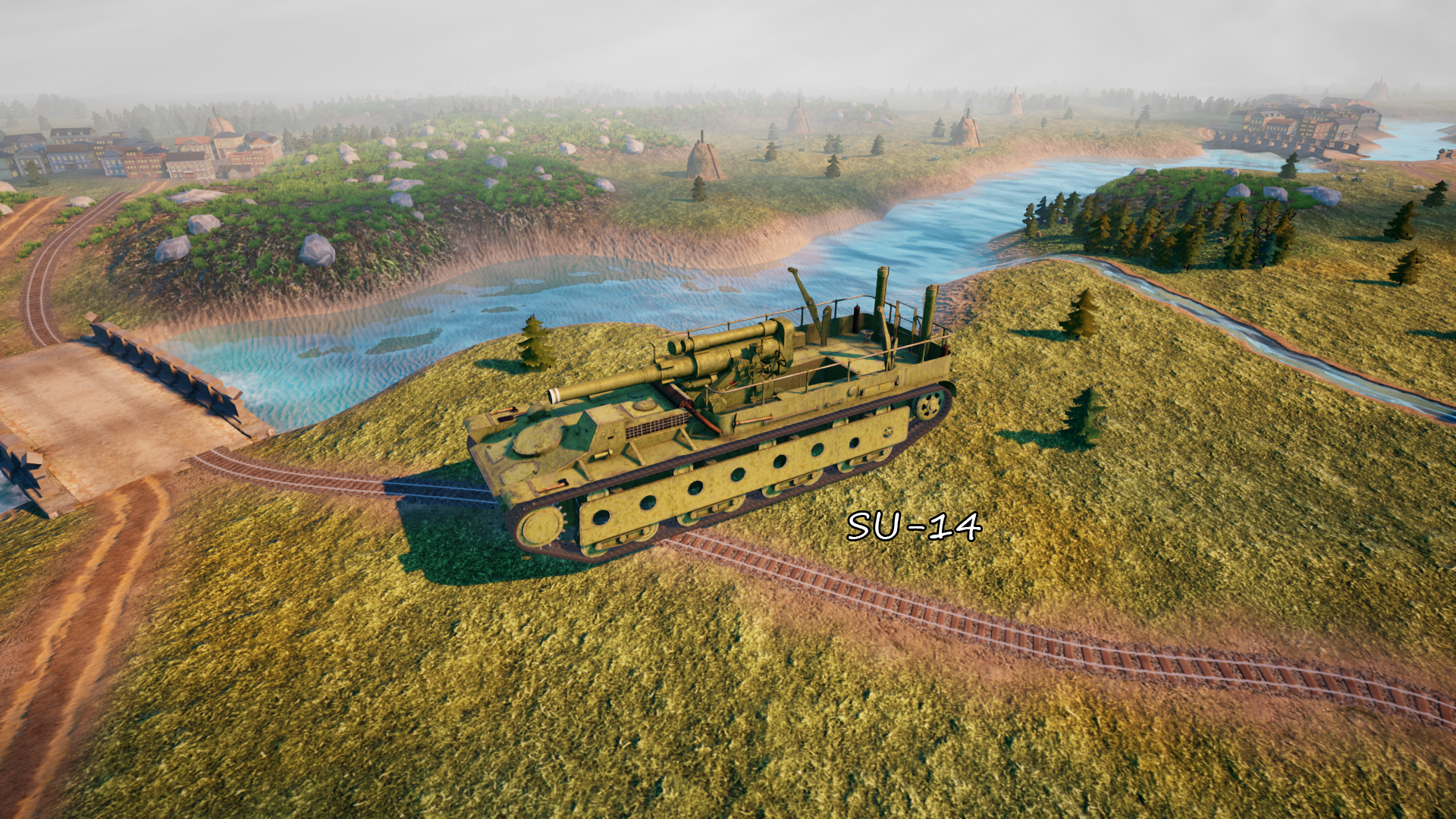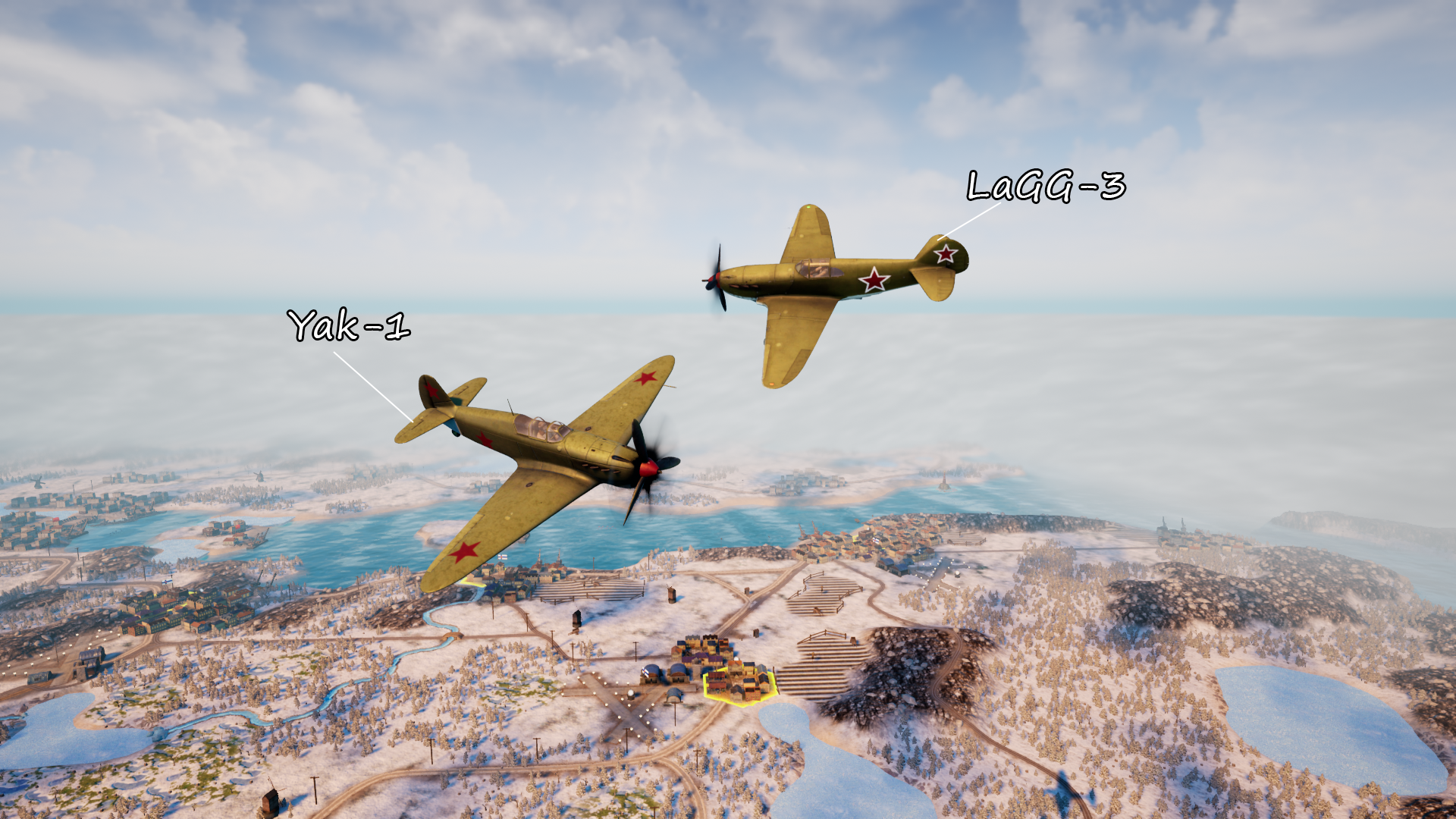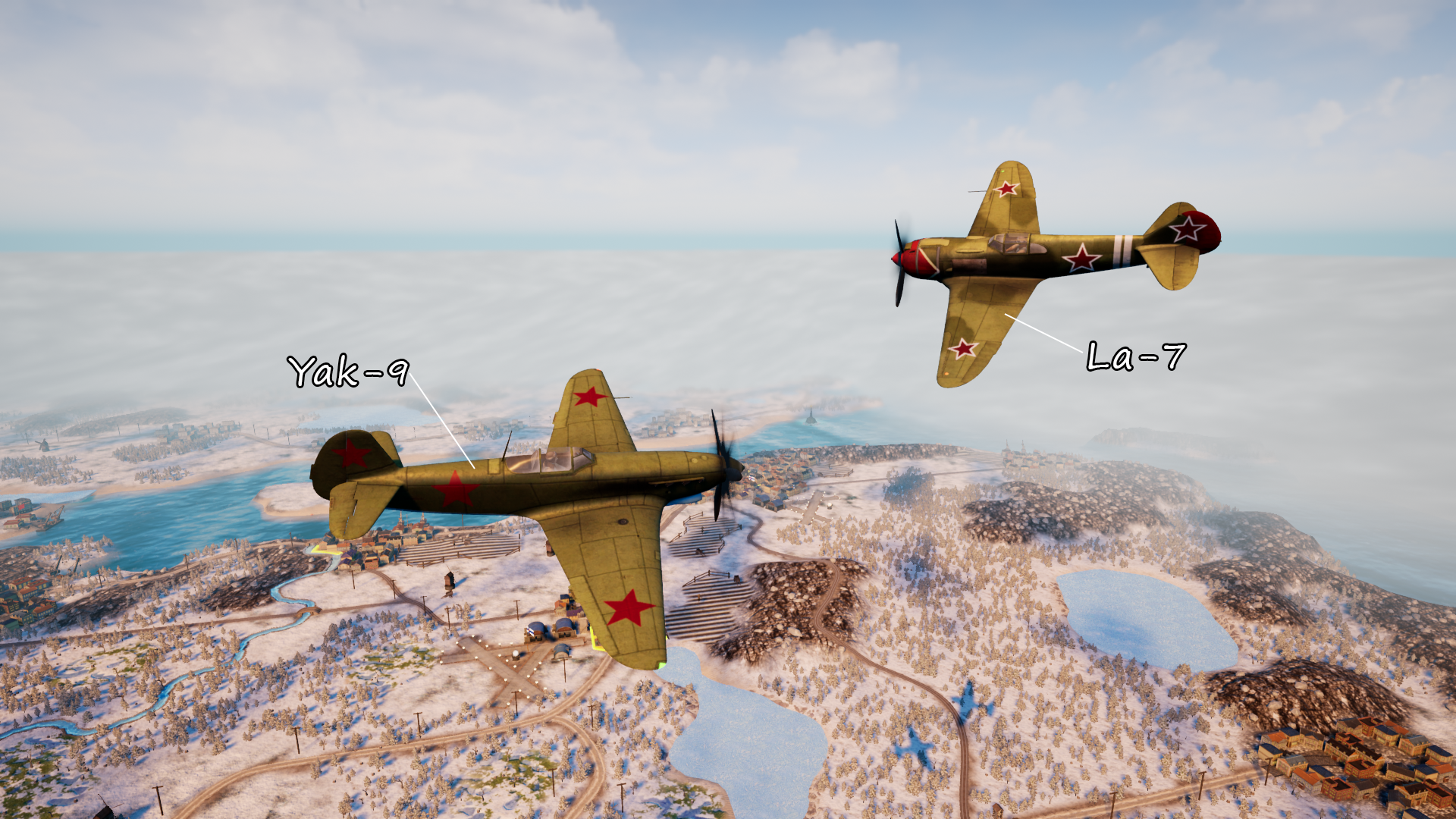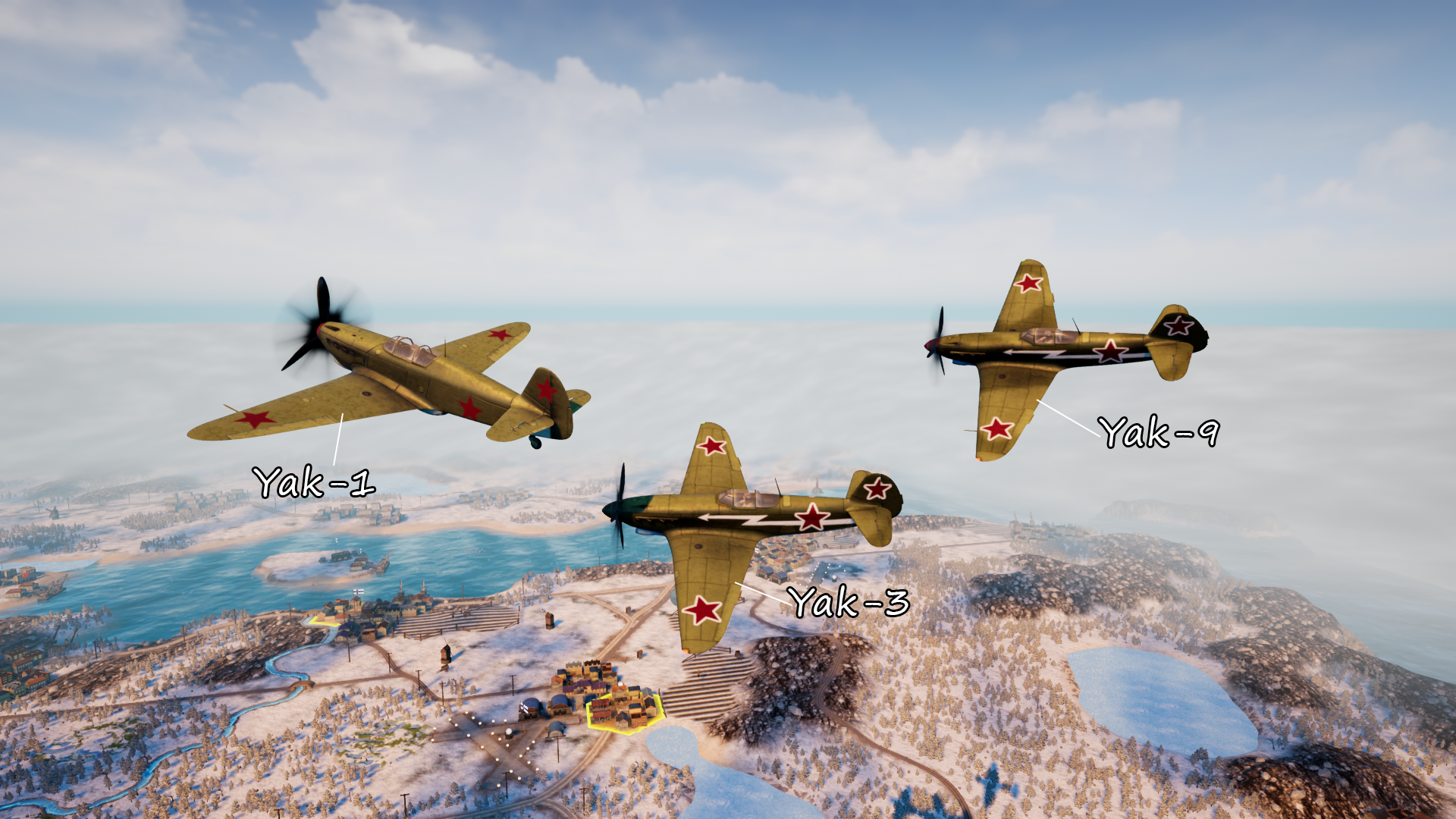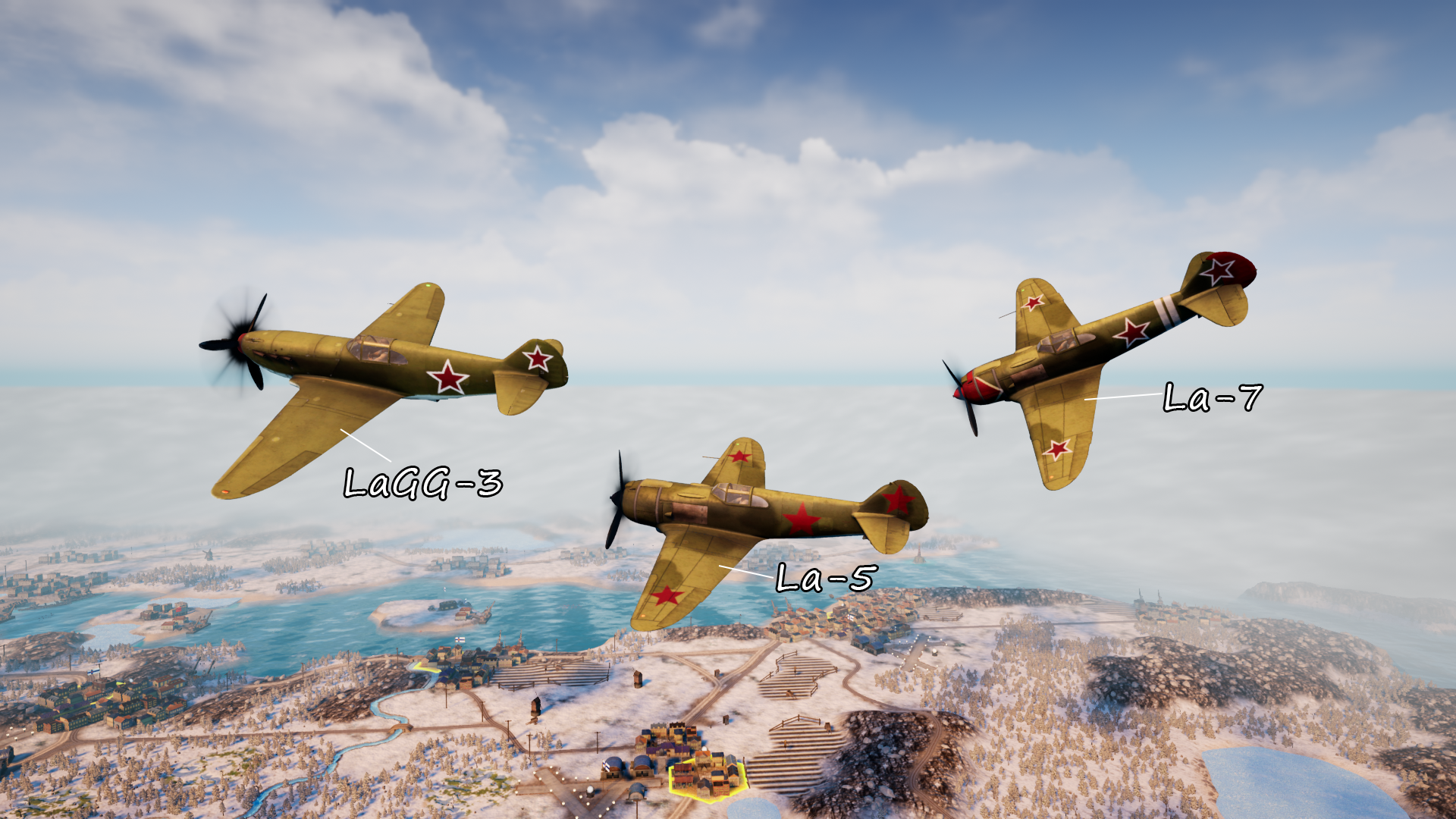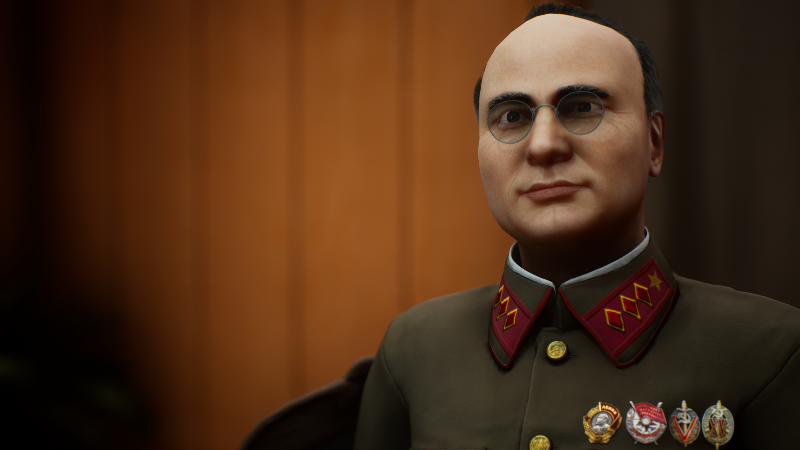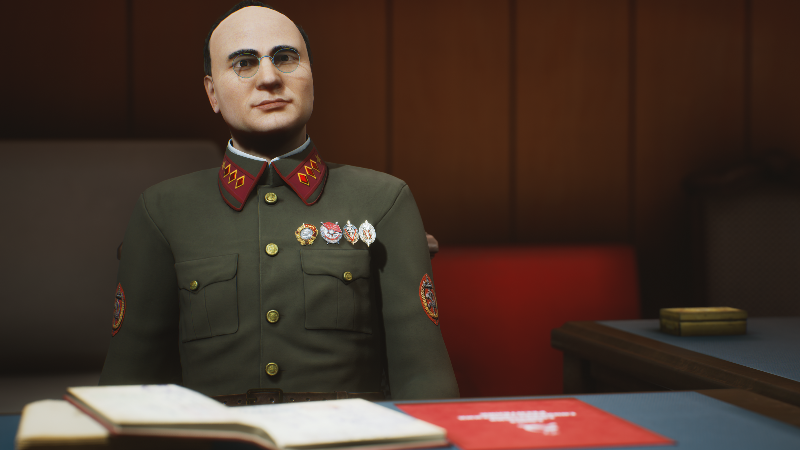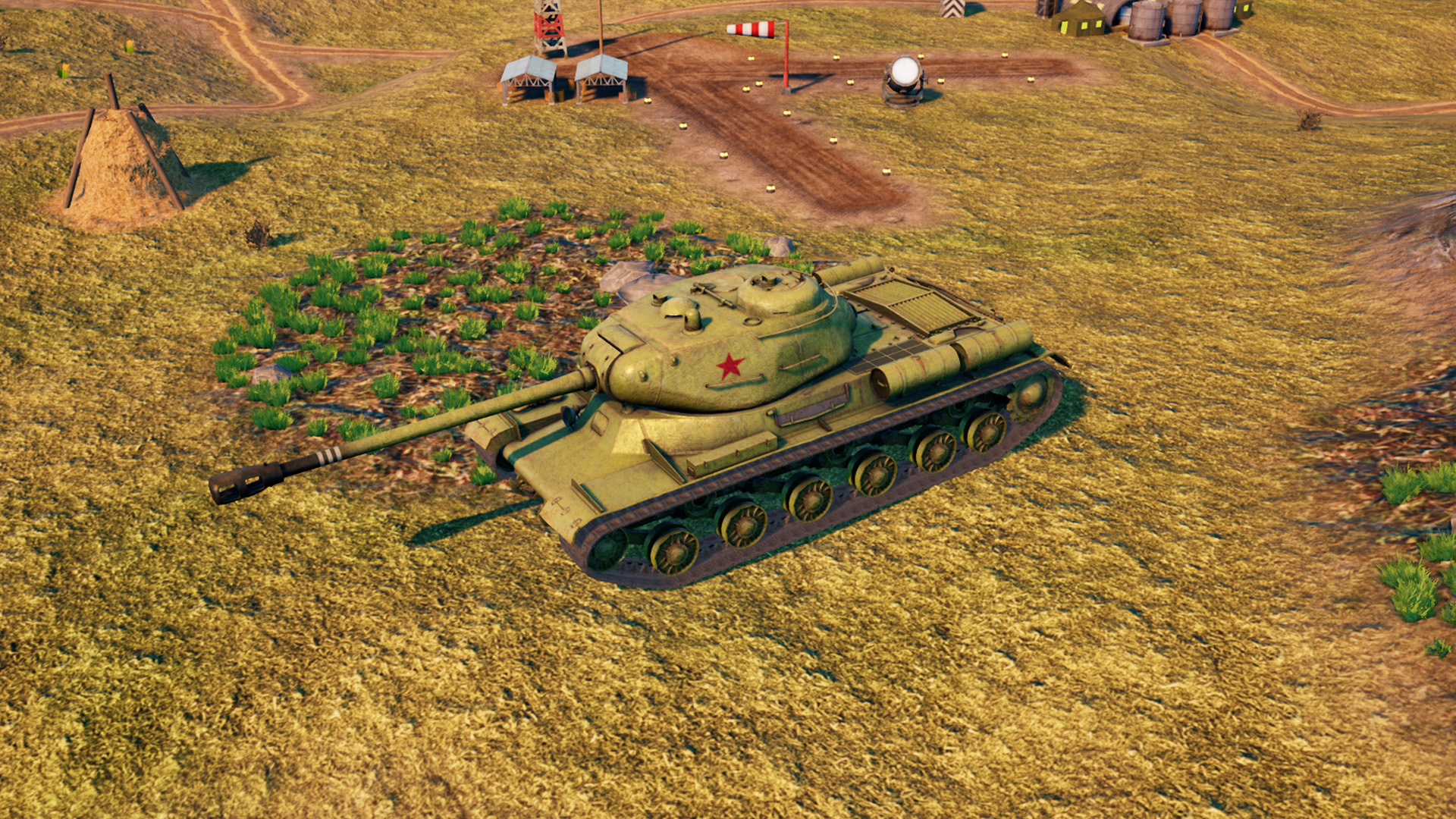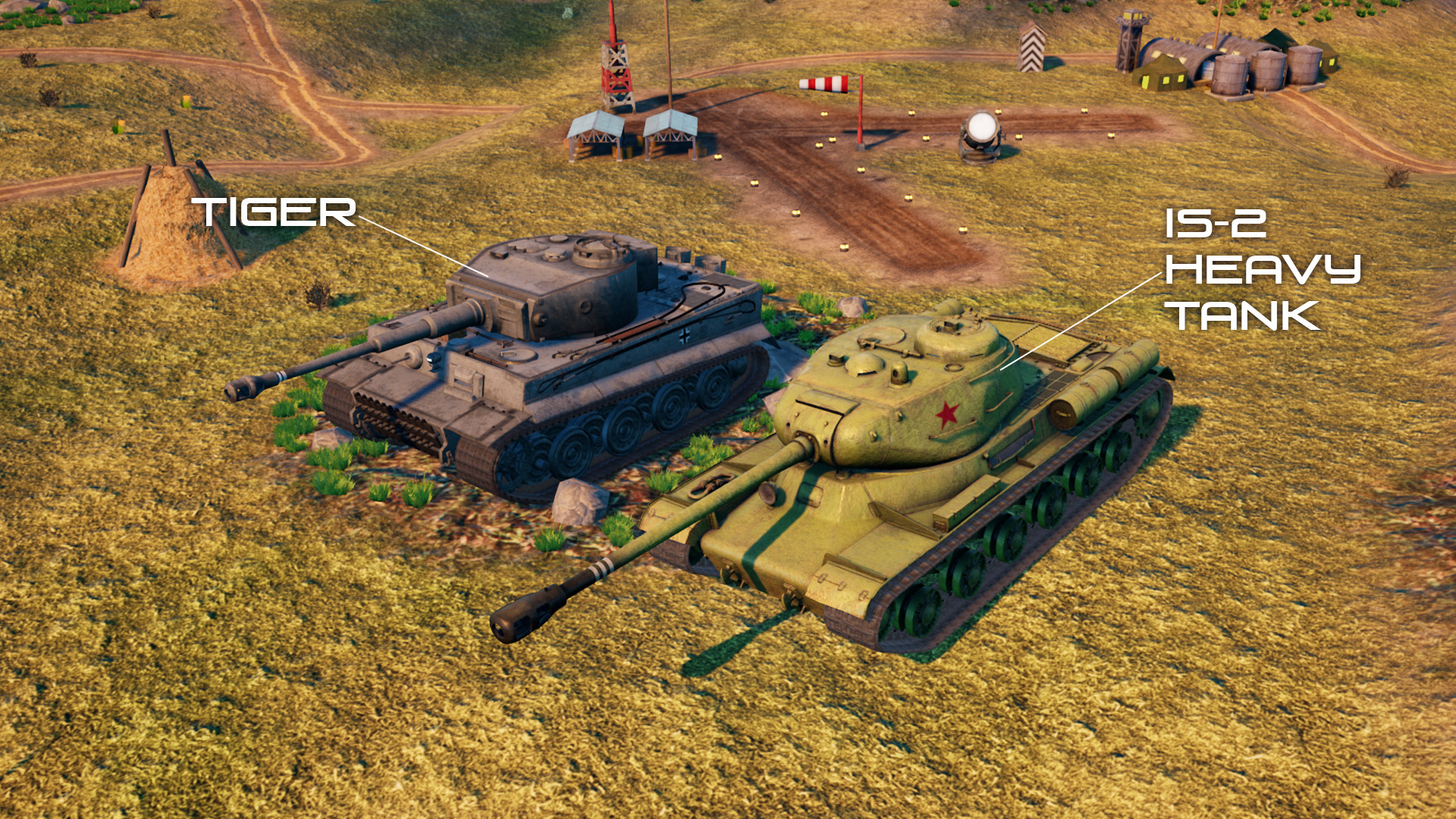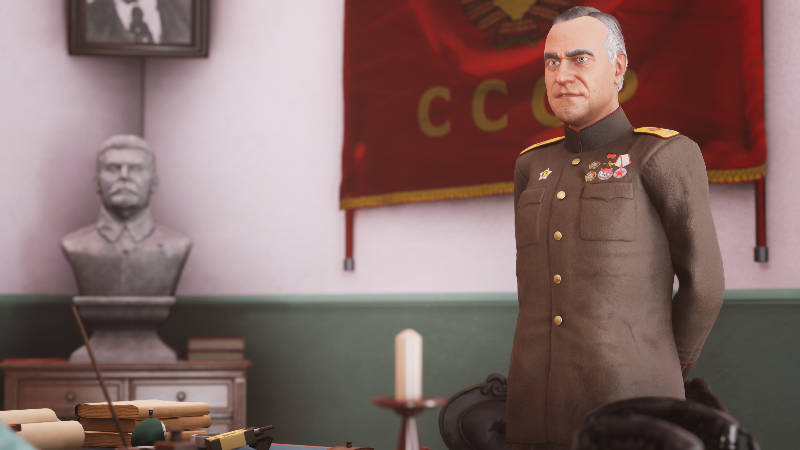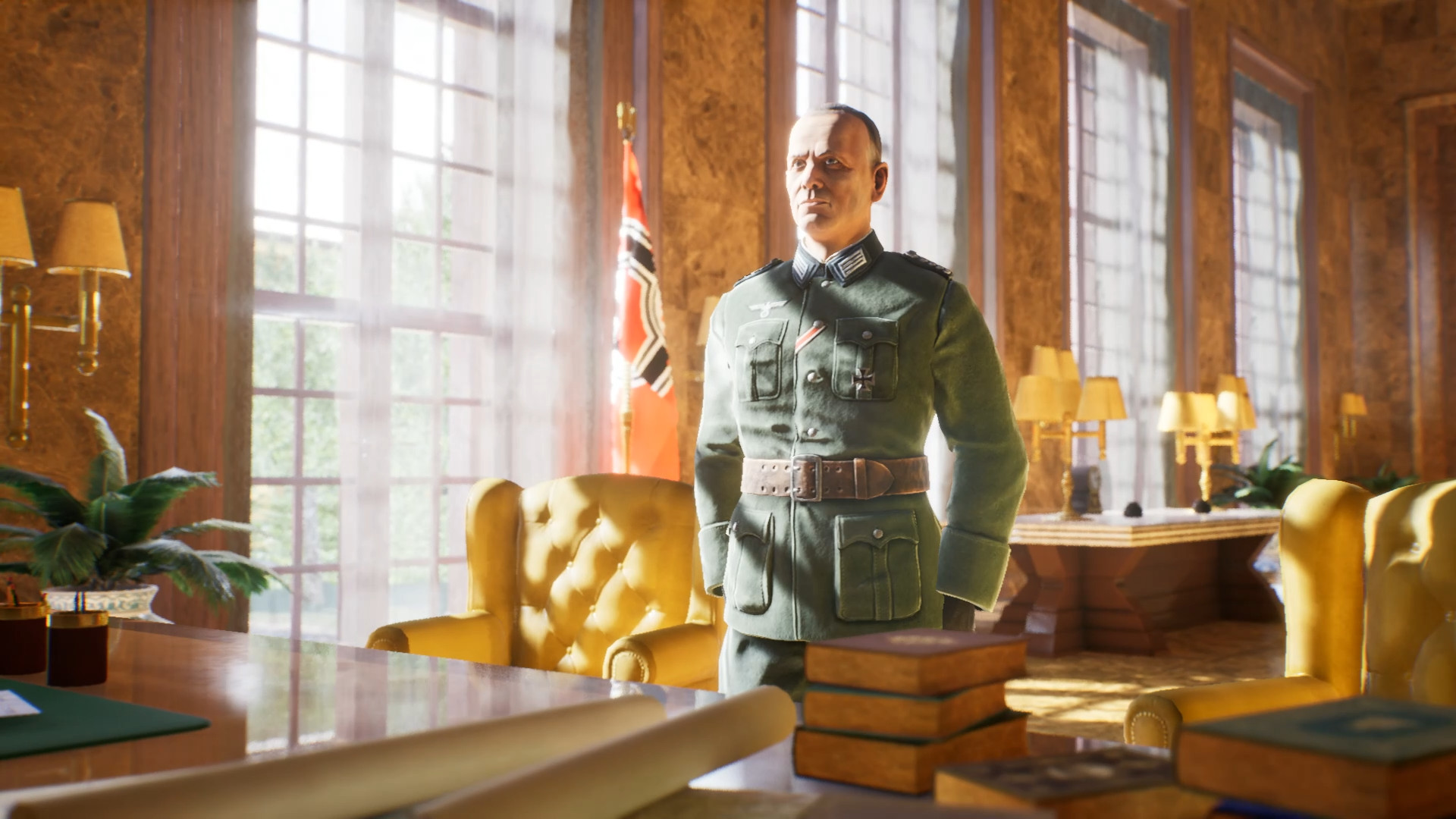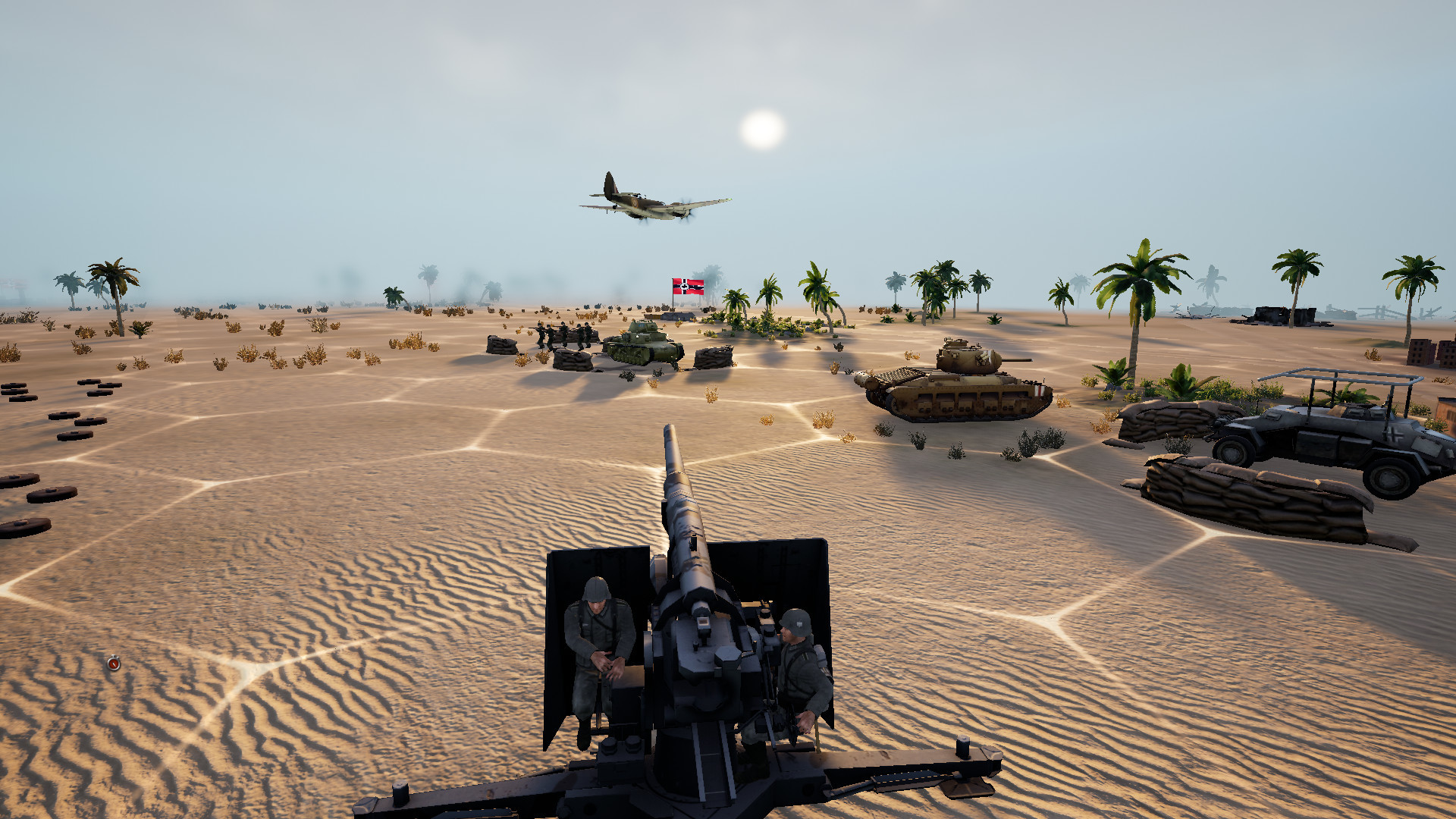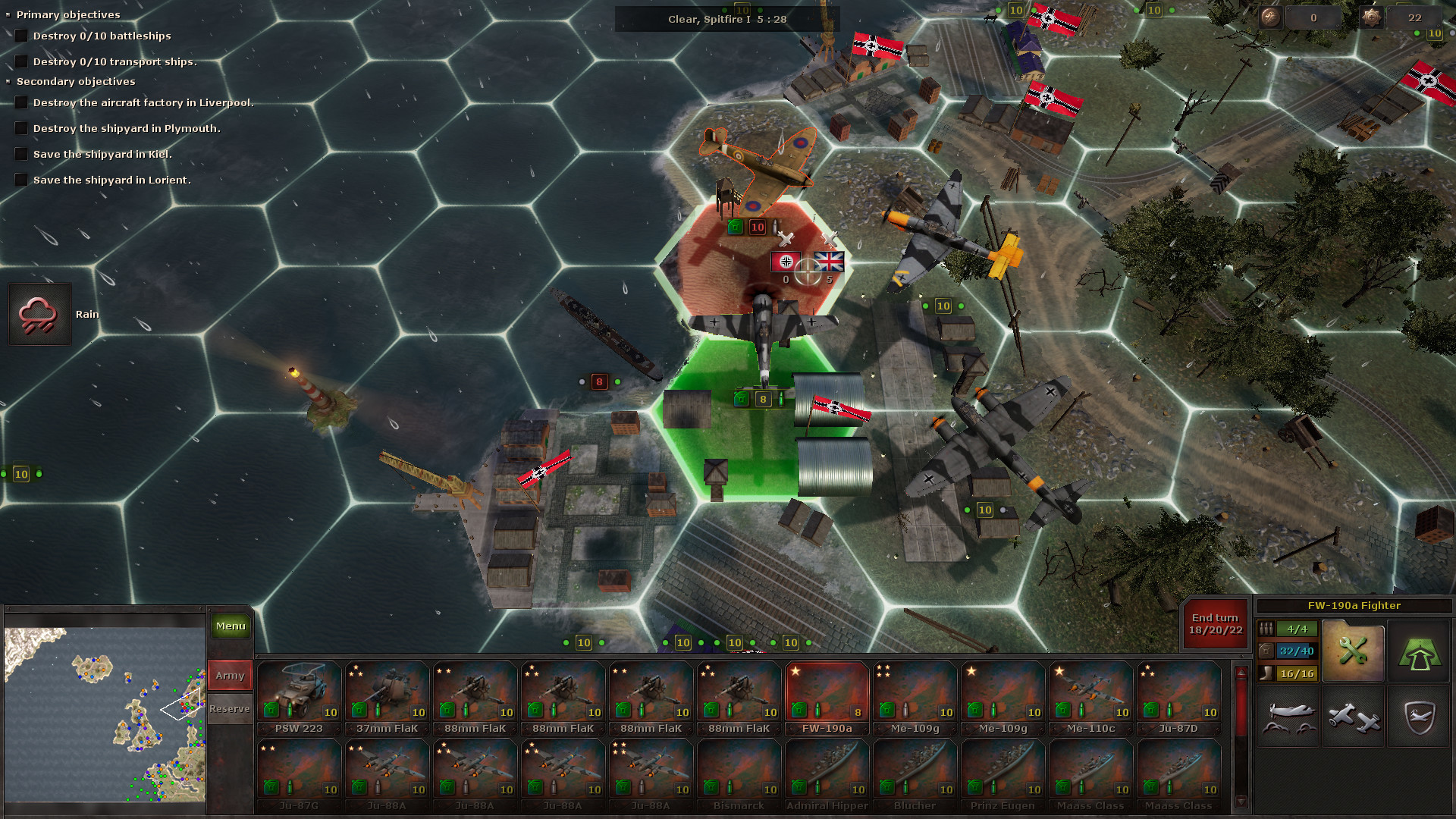
Panzer Strategy - KateMels
Hello Generals!
👉Follow us on Twitter to be the first to know all the news and to receive fresh gifs for the upcoming project 'Strategic Mind: Spectre of Communism'.
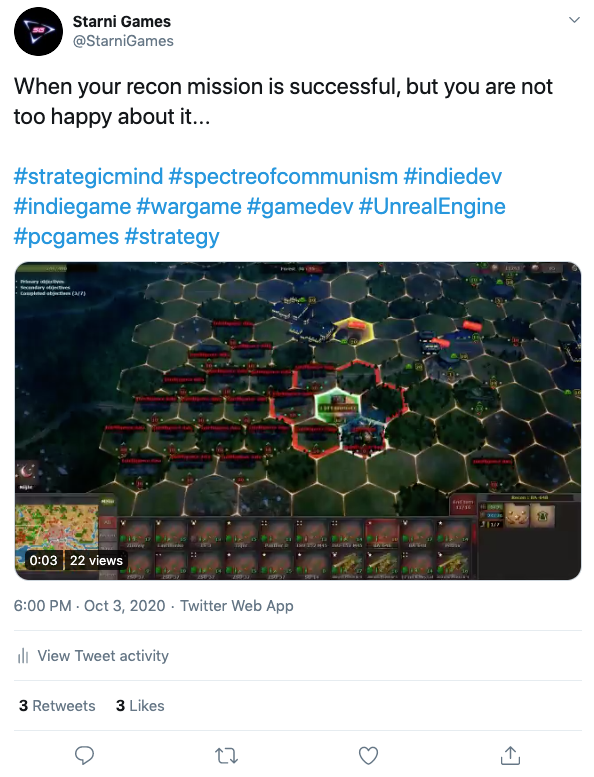
Also our Twitter is the great place to communicate with our team in more naturally way. We are always happy to share with you our news and glad to receive feedback from you.
With best regards
Starni Games team
👉Follow us on Twitter to be the first to know all the news and to receive fresh gifs for the upcoming project 'Strategic Mind: Spectre of Communism'.

Also our Twitter is the great place to communicate with our team in more naturally way. We are always happy to share with you our news and glad to receive feedback from you.
With best regards
Starni Games team




